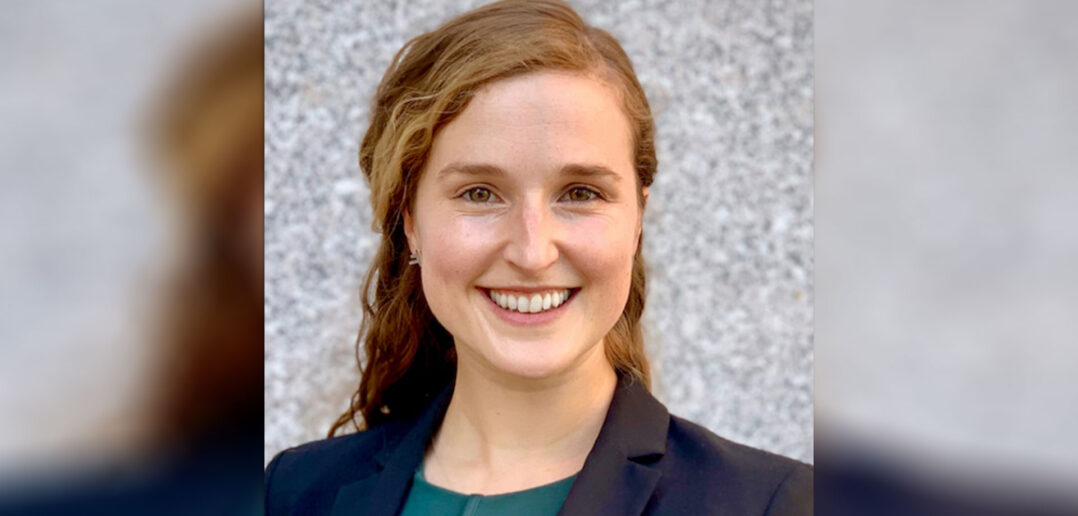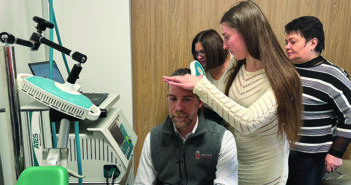A fellowship puts an alum one step closer to her dream.
Even before she applied to medical school, Sarah “SK” Kler MD’21 ScM’21 knew what she wanted her practice to look like.
Now, as the inaugural recipient of the Matthew Perry Foundation Fellowship in Addiction Medicine at Massachusetts General Hospital, she is one step closer to living that dream.
Kler studied at Dartmouth and then worked for five years with housing-insecure adults in Boston. She witnessed firsthand how a team of professionals could care for the whole person, from health care to financial assistance to treatment for substance use disorders. Such a holistic perspective of care was intrinsic to the medical education she received at Brown.
“There’s foundational exposure to providers who have this fundamental belief that people who have been incarcerated, who have lived experience, who have lived with addiction, that their lives are valuable and that they deserve excellent care,” she says. “That was infused into our early medical training.”
After medical school, Kler—who also completed Brown’s Primary Care-Population Medicine Program, which emphasizes physician leadership, public health, and community partnerships—trained in the Primary Care Program within MGH’s internal medicine residency. She practiced in the Charlestown Health Care Clinic, located in a Boston neighborhood hit hard by the opioid epidemic.
“That health center really responded to the needs of the community and became a very integrated place where people could get addiction and primary care from the same person,” she says. Kler also developed a second training site, with Boston Health Care for the Homeless, and taught an elective in harm reduction. This year, as chief resident, she’s furthered her training as a physician leader and educator.
“I love teaching,” Kler says. “My vision for myself is this combination of addiction, primary care—ideally in part for folks experiencing homelessness or difficulty with their housing— and then all layered with medical education. Helping to train the next generation of folks doing this work is my goal.”
That goal, she adds, perfectly aligns with the mission of the Matthew Perry Foundation, which says it prioritizes access to and nonjudgmental care for underserved populations, “building a community where every individual has the opportunity to thrive.”
Sarah Wakeman ’05 MD’09, the senior medical director for substance use disorder at Mass General Brigham and program director of MGH’s addiction medicine fellowship, commends Kler’s “unique skills and tremendous humanity.”
“Her experiences caring for people experiencing homelessness prepared her well for addiction medicine, making her a perfect fit for the Matthew Perry Foundation Fellowship because of her passion, empathy, ability to build relationships, and commitment to providing excellent care,” Wakeman says.
Wakeman and Kler say that to minimize stigma, addiction medicine should be embedded in medical care, not practiced as a distinct specialty. The MGH fellowship program recruits physicians from across specialties, Kler adds. “Our patients experience their addiction as part of their life,” she says. “Having one doctor who can see them as a whole person and who can really meaningfully address that need lowers the barrier to saving people’s lives.”




